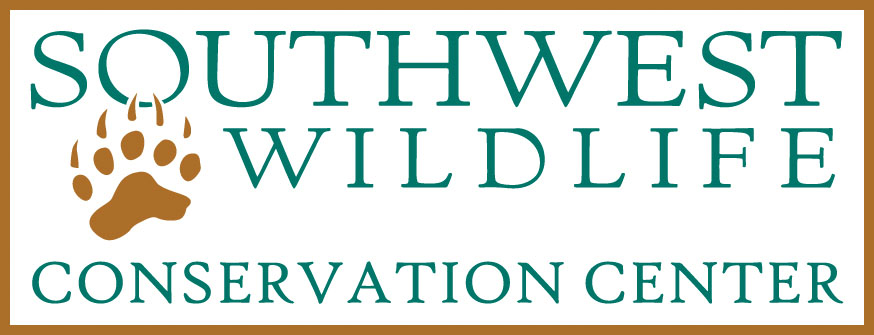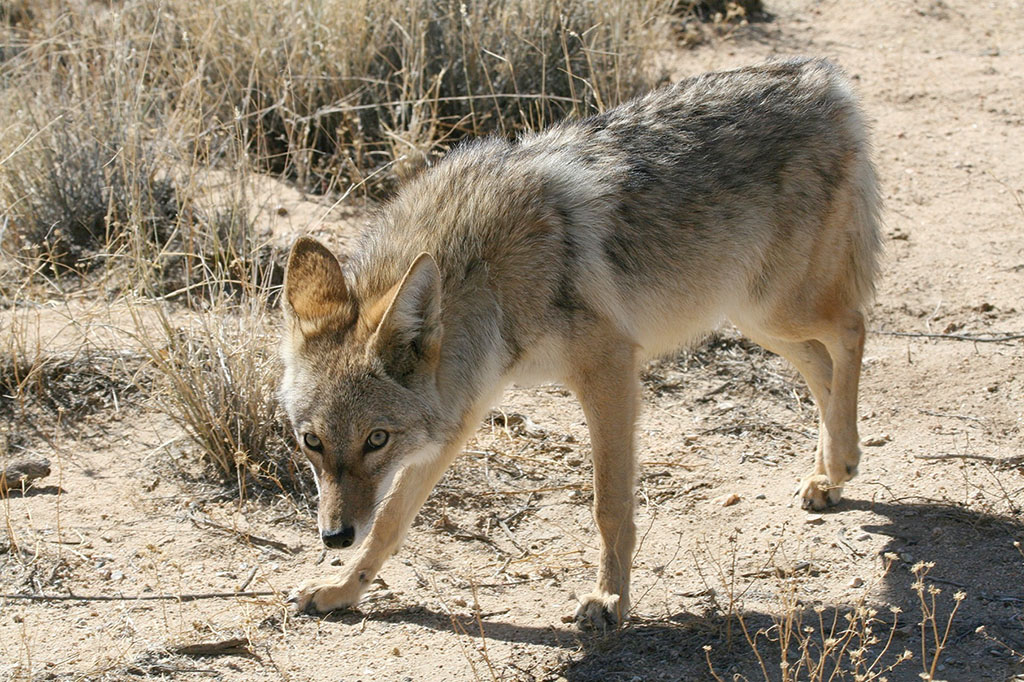
Are you one of the many who think coyotes howl when they make a kill? It may surprise you to learn this is not true. When coyotes are hunting they are quiet, not wanting to spook their prey. Once they make the kill, they must stay silent for fear another predator will come and take their dinner! Not usually pack hunters, coyotes prey mainly on rats and small mice, eating as many as 25 each day! That doesn’t leave much to share as each catch takes just one bite, so gulp, it’s gone!
So, why do coyotes howl??
Well, it depends…! Not every vocalization is a howl. They also bark, growl, yip, and whine. At least a dozen vocalizations have been identified. While some howling may relate to food, most howling is simply a way for the pack to check in with each others when they are separated.
Howling may occur when a pack reunites, at which time they may also whine or yip-howl. Such vocalizations are joyful and strengthen pack bonds. This often sounds like there are many more coyotes present than there actually are. A lone howl may be used by a coyote separated from its pack.
Usually yips or yip-howls will be territorial in nature. They may be directed toward coyotes that are not members of the resident pack or indicate the presence of danger. Repeated, high pitched and staccato yips are often referred to as alarm calls. They may last for a few minutes or an hour or longer, depending on how long the perceived danger remains within the territory.
Now, when you hear that coyote howl, you can listen a bit more closely and try to determine what the message may be. OR…you can visit us at Southwest Wildlife Conservation Center to learn much more about coyotes and the dozens of other types of southwest wildlife which we have rescued, currently rehabilitate, and hope to release! Find us at www.southwestwildlife.org
Southwest Wildlife Conservation Center rescues, rehabilitates and releases southwest wildlife. Our organization can provide readers with accurate information concerning wildlife which they may encounter near their homes and recreation areas. We are one of the leading authorities on wildlife information, management and sanctuary protocol in the state of Arizona and beyond. We have a 25 year track record and would like to share our knowledge in a public forum as well as offer opportunities for visiting our non-profit wildlife sanctuary.





